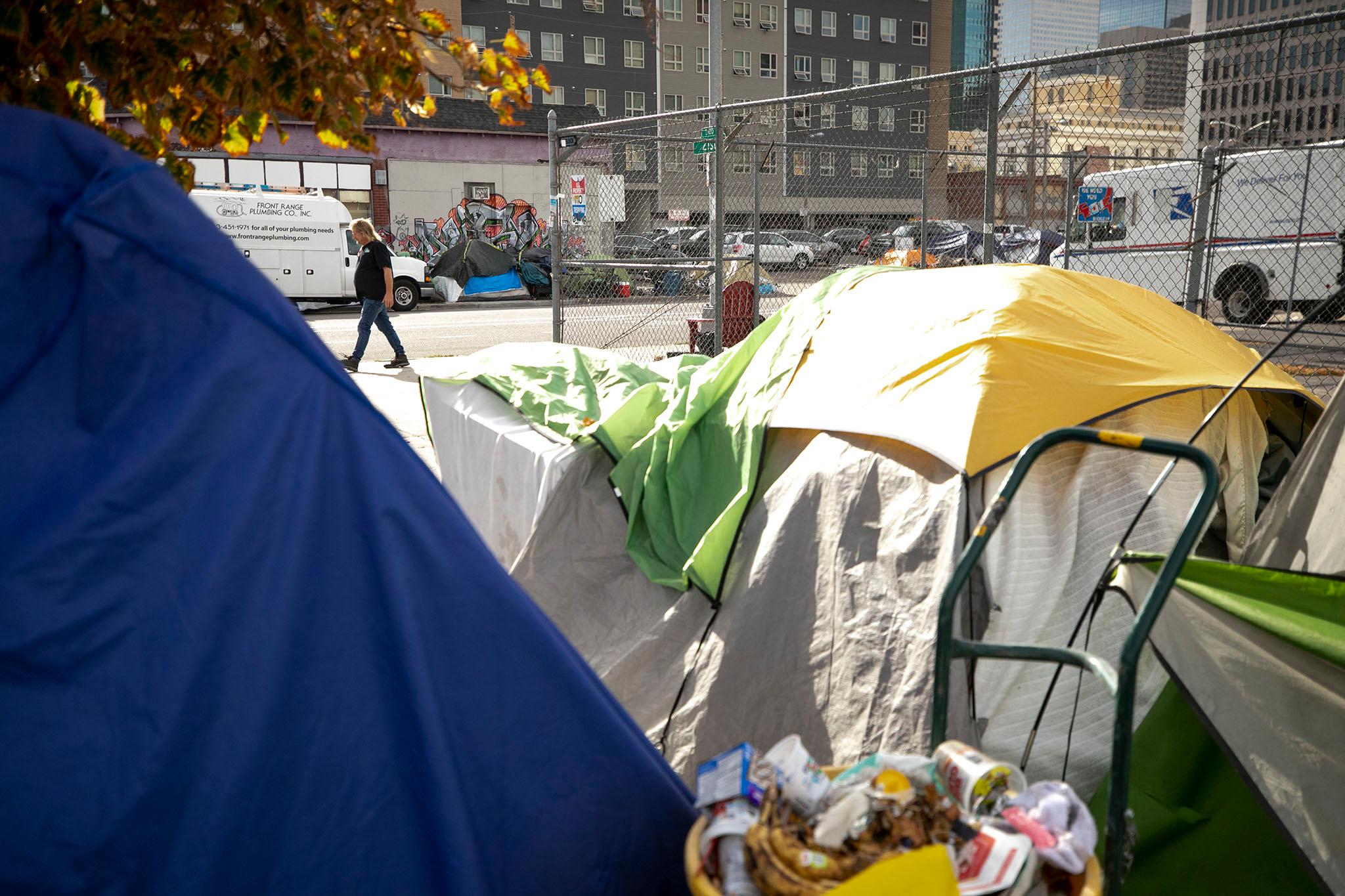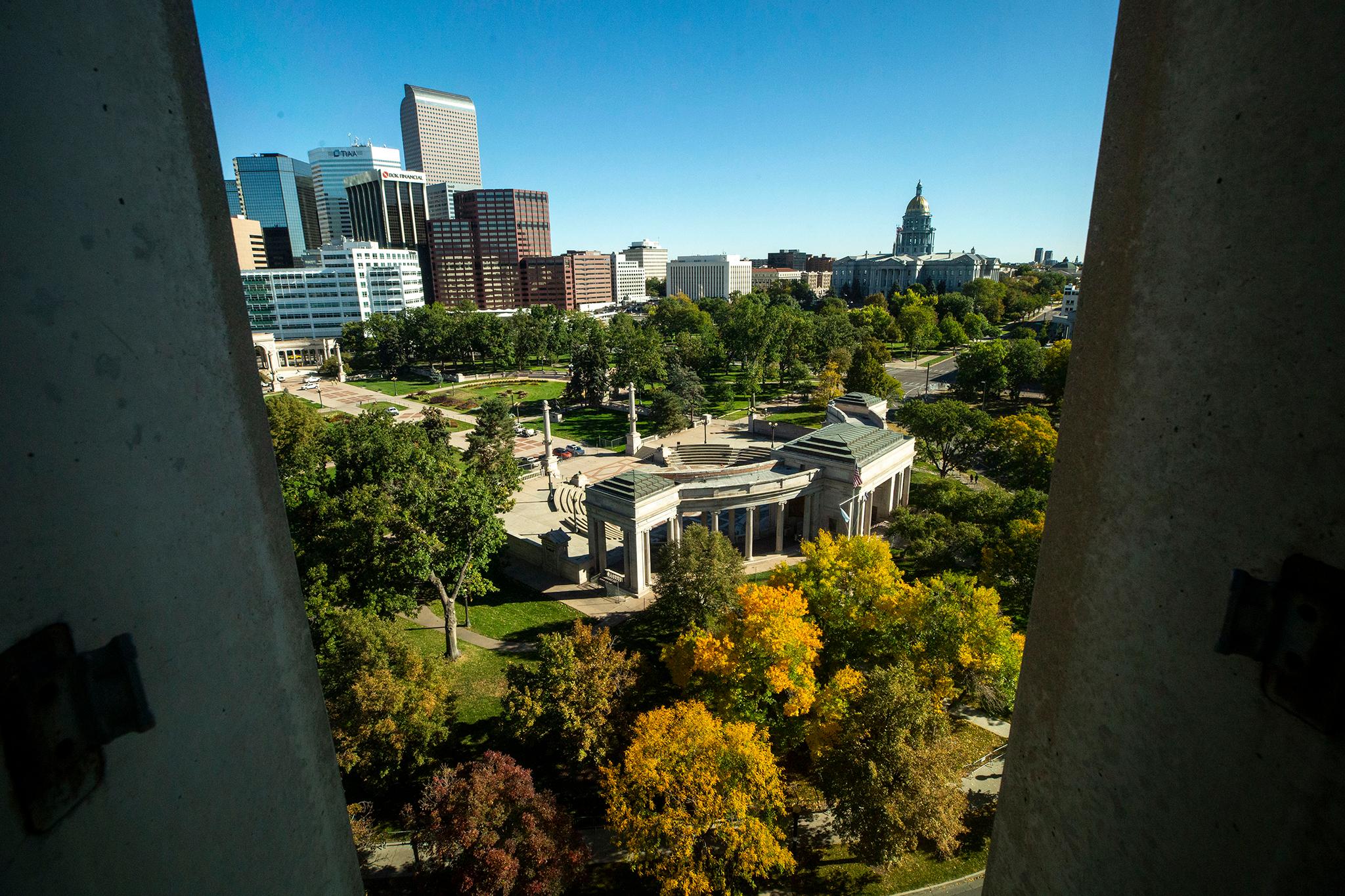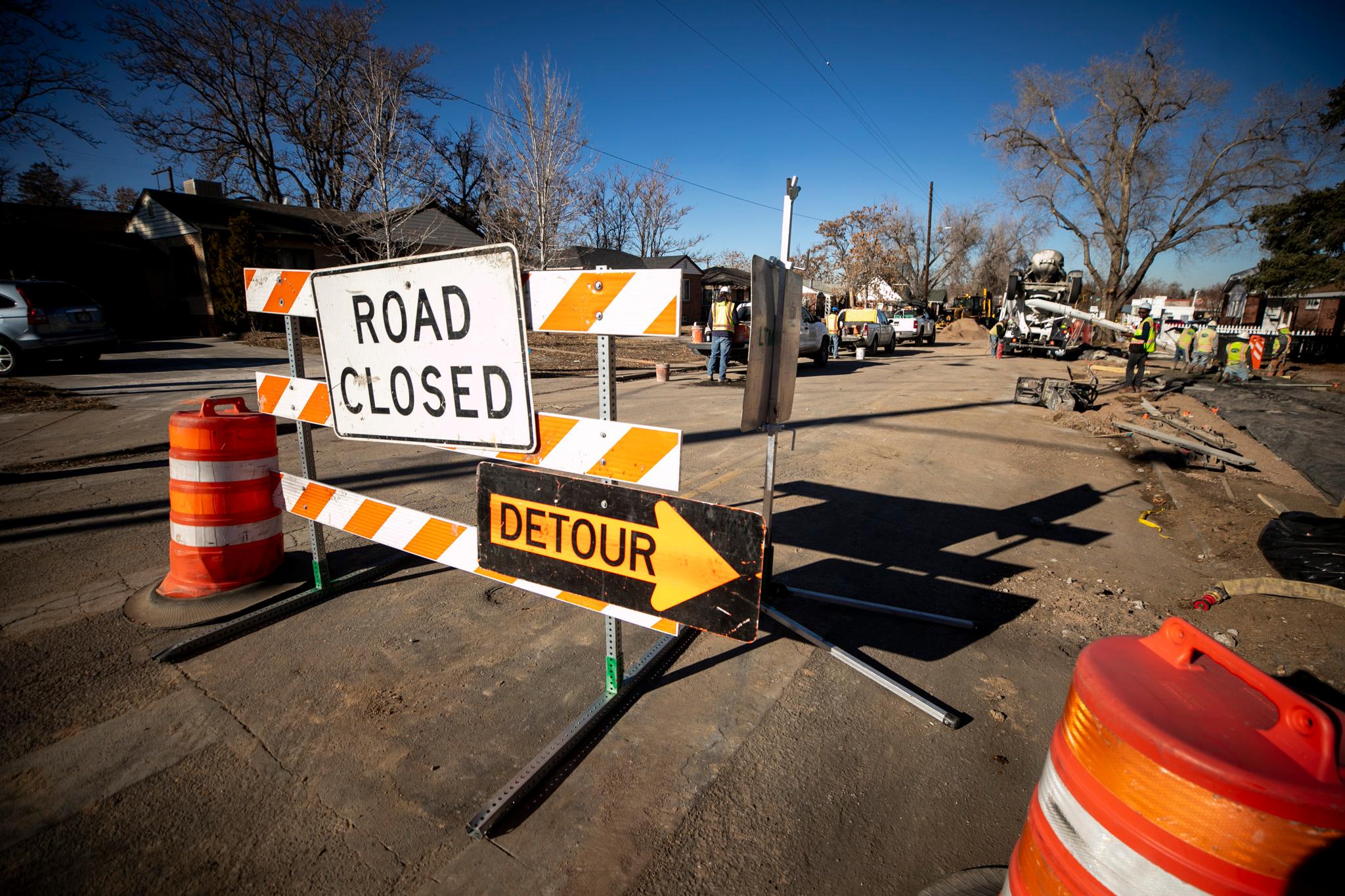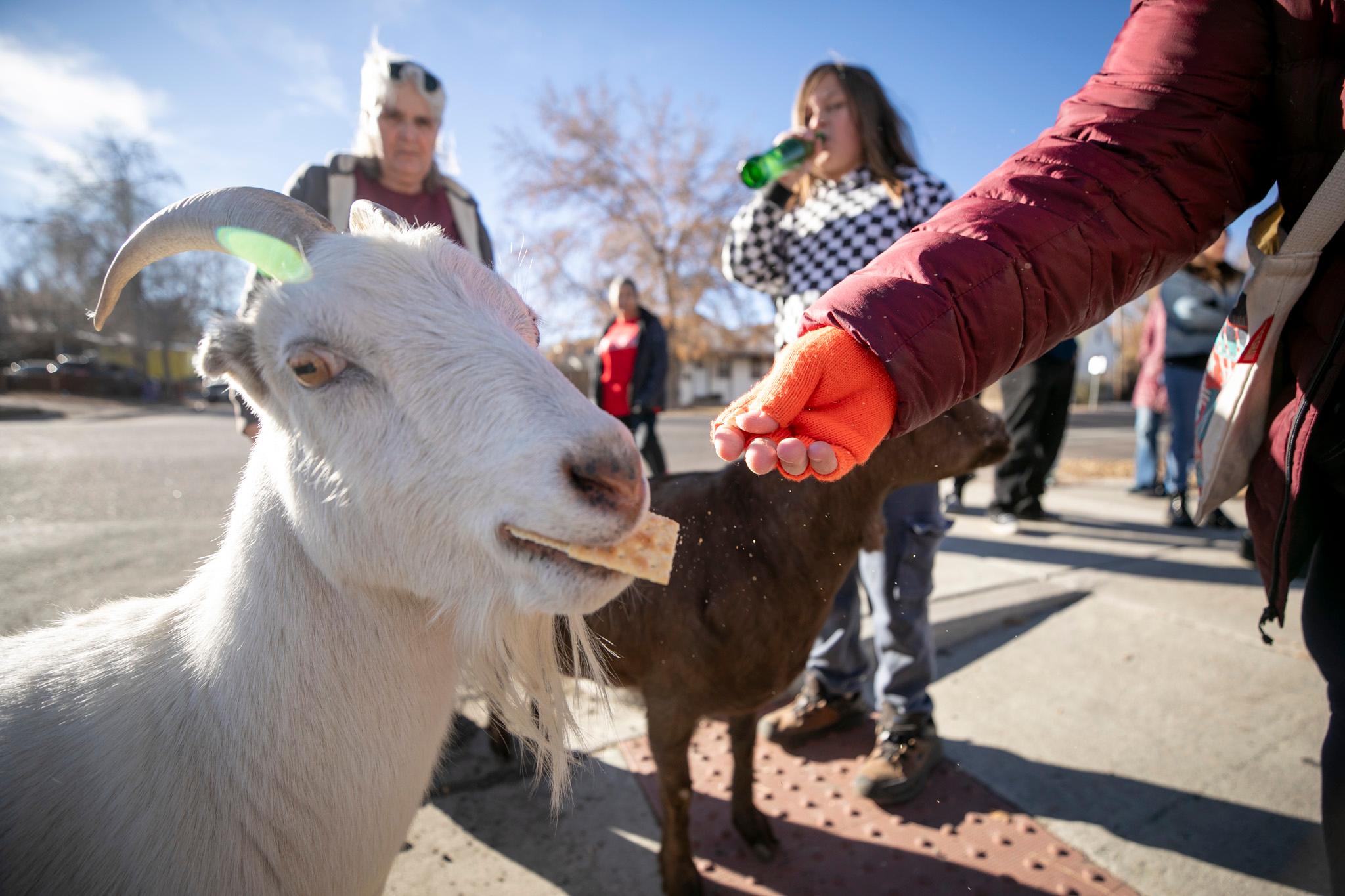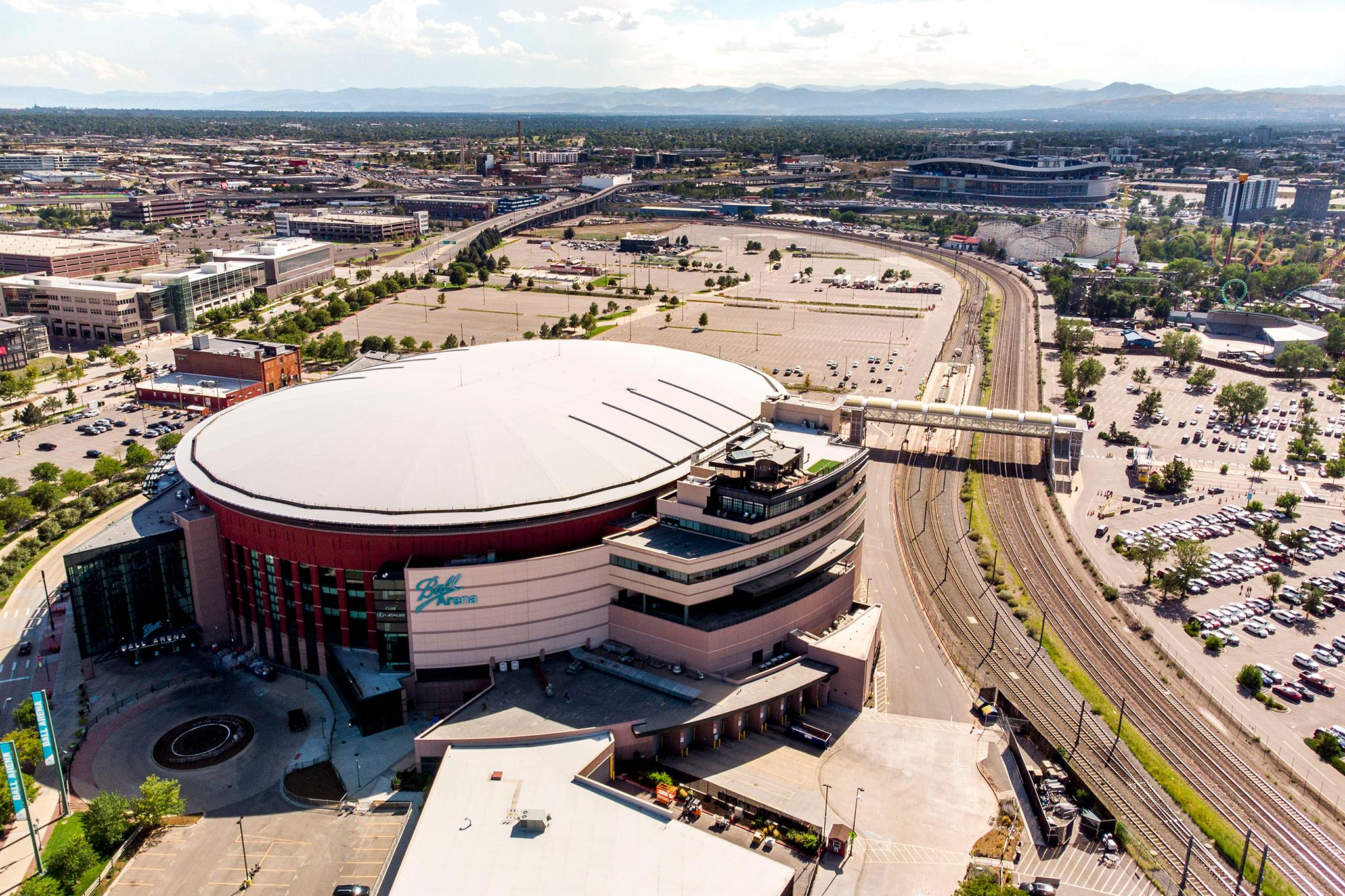The Denver Basic Income Project will extend its pilot program through July after getting renewed multi-million contributions from various sources.
The program, which has been giving people experiencing homelessness direct cash since April of 2023, will continue to give cash to a smaller group of 39 people involved in earlier versions of the program.
The program initially only raised funding to continue into early 2024. But according to Denver Basic Income Project spokesperson Abby Leeper Gibson, initial funders reinvested money to continue the project further into 2024. That includes the city of Denver, which initially committed $2 million for the pilot program in 2022. In October, City Council pushed the Mayor's office to commit an additional $2 million to the project in the 2024 budget.
The Colorado Trust, another donor, added an additional $1 million, and another anonymous donor doubled their contribution with an additional $2 million.
"We're thrilled to be able to continue this groundbreaking project in 2024, and we're immensely proud of the significant impact that we have in just one year in Denver," said Founder and Executive Director Mark Donovan in a statement Tuesday. "This support allows us to continue our impactful work and advocate for the basic income movement as a demonstrative way to combat poverty."
So far, the Denver Basic Income Project has given out more than $6.5 million to more than 800 people in need, with payments ranging from $50 to $1,000 per month.
Initial research on direct cash payments in Denver has shown success in combating poverty.
The program is partnering with researchers at University of Denver to measure the impact of direct cash payments to people in need. Mid-program results, released in October, showed some success. Data found that rates of homelessness and food insecurity decreased, while shelter and employment rates increased during the first six months of the program.
Unlike many government support programs, which come with strings attached, basic income takes the approach that people in need know how best to spend their money. It's something philanthropists and politicians across the country have been experimenting with in recent years, and Denver's program is one of the largest to study the effects of basic income.
DU researchers will publish a full report about the program in June of 2024. The future of the program beyond the six month extension is unclear, and depends on future funding.
"The Denver Basic Income Project continues to pursue public and private funding opportunities with the goal of building upon its initial success and driving policy and social change by demonstrating that basic income provides an accelerated pathway to thriving to those experiencing homelessness, and can be applied broadly across the country to the benefit of society as a whole," Leeper Gibson wrote.
Editor's note: This article has been updated to correct the additional amount of money contributed by the Colorado Trust.

